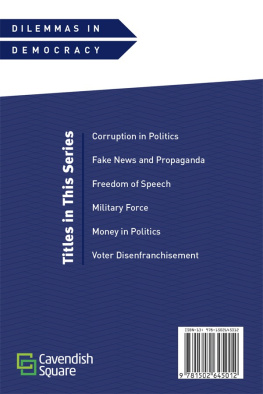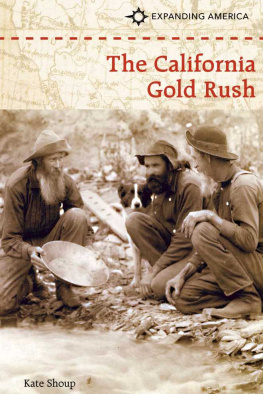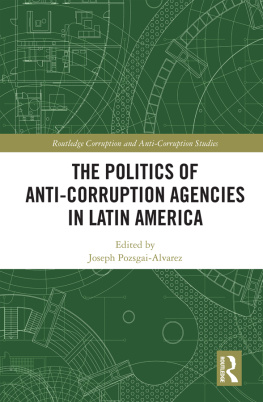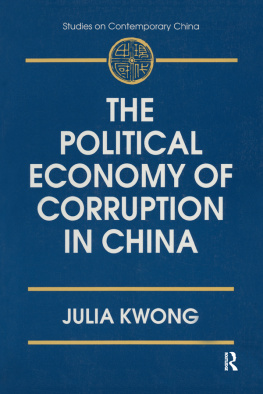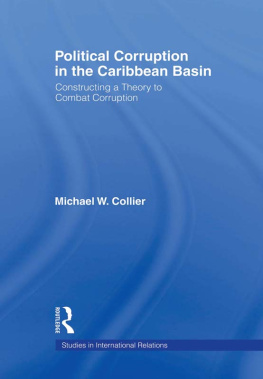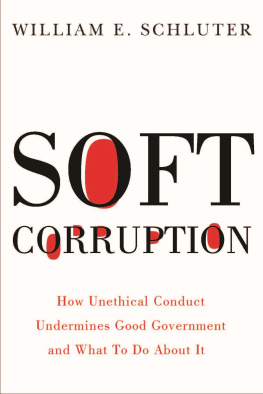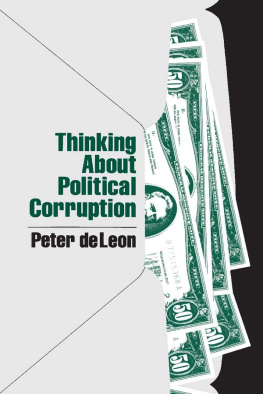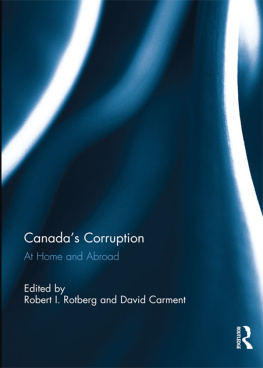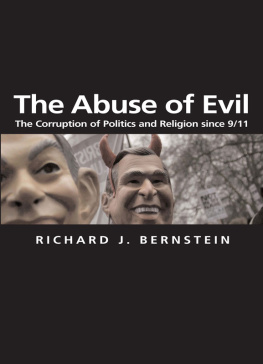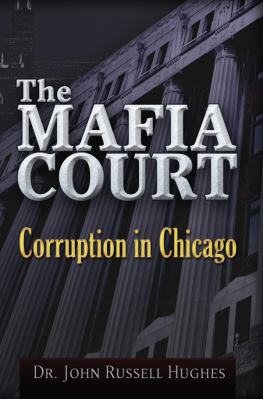
Published in 2020 by Cavendish Square Publishing, LLC
243 5th Avenue, Suite 136, New York, NY 10016
Copyright 2020 by Cavendish Square Publishing, LLC
First Edition
No part of this publication may be reproduced, stored in a retrieval system, or transmitted in any form or by any meanselectronic, mechanical, photocopying, recording, or otherwisewithout the prior permission of the copyright owner. Request for permission should be addressed to Permissions, Cavendish Square Publishing, 243 5th Avenue, Suite 136, New York, NY 10016. Tel (877) 980-4450; fax (877) 980-4454.
Website: cavendishsq.com
This publication represents the opinions and views of the author based on his or her personal experience, knowledge, and research. The information in this book serves as a general guide only. The author and publisher have used their best efforts in preparing this book and disclaim liability rising directly or indirectly from the use and application of this book.
All websites were available and accurate when this book was sent to press.
Library of Congress Cataloging-in-Publication Data
Names: Shoup, Kate, 1972- author.
Title: Corruption in politics / Kate Shoup.
Description: New York: Cavendish Square, [2020] | Series: Dilemmas in democracy | Audience: Grades 7-12. | Includes bibliographical references and index.
Identifiers: LCCN 2018056897 (print) | LCCN 2019000318 (ebook) | ISBN 9781502645029 (ebook) | ISBN 9781502645012 (library bound) | ISBN 9781502645005 (pbk.)
Subjects: LCSH: Political corruption--Juvenile literature. |
Political ethics--Juvenile literature.
Classification: LCC JF1081 (ebook) | LCC JF1081 .S455 2020 (print) | DDC 364.1/323--dc23 LC record available at https://lccn.loc.gov/2018056897
Editorial Director: David McNamara
Editor: Caitlyn Miller
Copy Editor: Alex Tessman
Associate Art Director: Alan Sliwinski
Designer: Christina Shults
Production Coordinator: Karol Szymczuk
Photo Research: J8 Media
The photographs in this book are used by permission and through the courtesy of: Cover Tetra Images/Getty Images; background (and used throughout the book) Artist Elizaveta/ ScreenShot.
Printed in the United States of America
CONTENTS
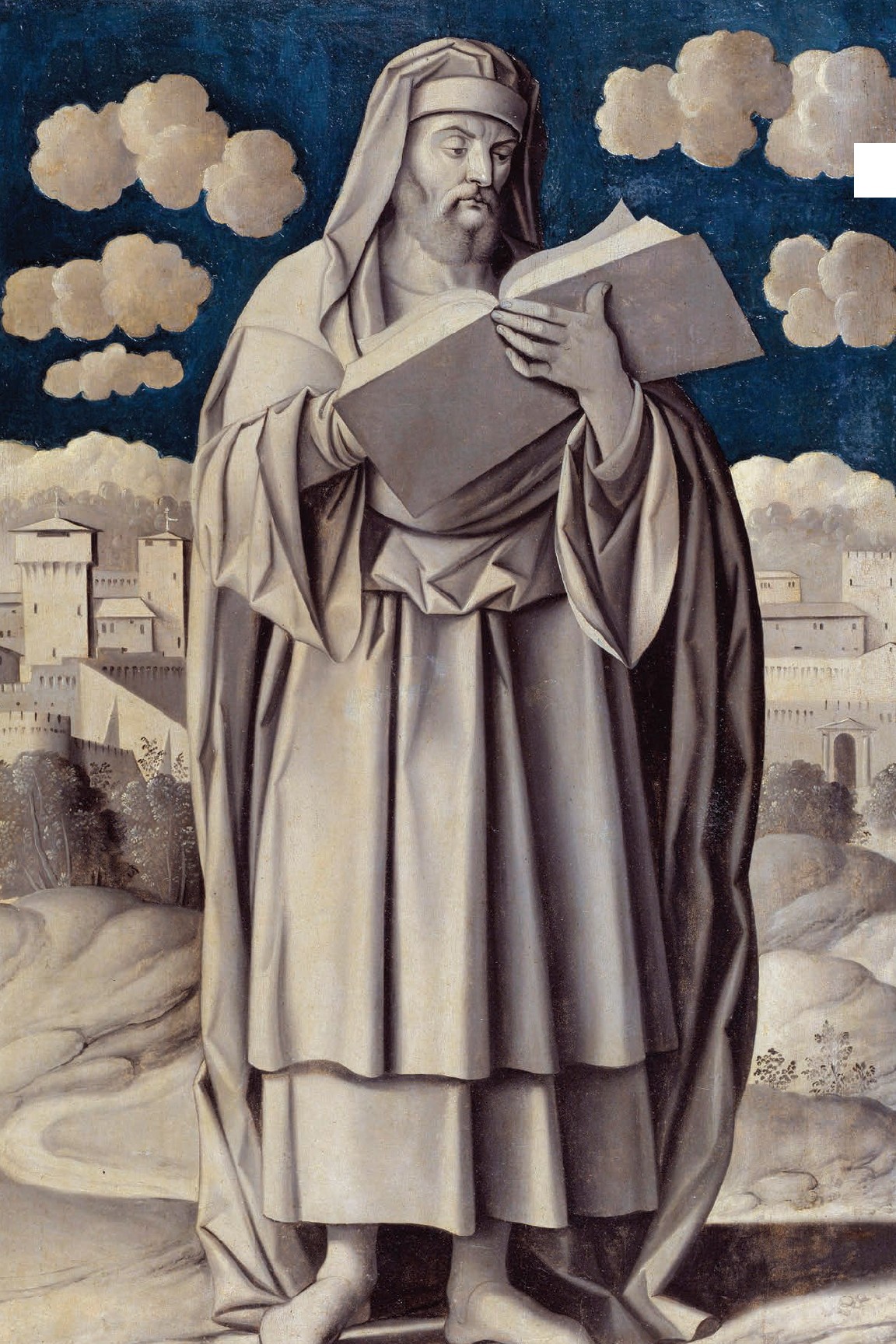
CHAPTER 1
What Is Corruption?
C orruption is when a public official, such as an elected politician or appointed government official, uses his or her political power for personal gain or to maintain power. Or, as political scientist Joseph Nye says, corruption is the abuse of public office for personal enrichment.
Scholars have considered the problem of corruption since ancient times. Even the ancient philosopher Aristotle weighed in on the matter. To him, governments that showed a regard to the common interest and were built according to strict principles of justice were true forms of government. In contrast, governments that regard only the interest of the rulers were defective and perverted. In other words, they were corrupt.
Aristotle felt that the rulers of true (noncorrupt) forms of government focused on the common good, and only on the common good. This means they never put their own interests above those of their community. More modern thinkers say this might not be a reasonable expectation, as it does not consider human naturewhich is not always virtuous. Taking human nature into account, perhaps a looser definition of political corruption is required: the use of ones public office for personal enrichment that violates certain limits. (Of course, what those limits might be is a matter of debate!)
Opposite: The Greek philosopher Aristotle was among the first to consider the problem of corruption.
Often, people confuse corruption with ethics (or lack thereof). According to the Merriam-Webster dictionary, ethics is the discipline dealing with what is good and bad and with moral duty and obligation. Corruption and ethics are related, however. When a government acts in an unethical manner, corruption may be the result.
The same goes for scandal. A scandal is an action or event that flies in the face of morality or decency. Although all incidents of corruption are (or should be) considered scandals, not all scandals involve corruption. For example, suppose a public official were caught cheating on his or her spouse. This behavior might rightly be seen as scandalous, but it is not corrupt.
Corruption is much more common in countries ruled by dictators than in democracies. This is because dictators are free to act in secret and outside the bounds of law and have no fear of losing power through the electoral process (either because there is no such process or because the process itself is corrupt). Still, corruption does occur in democracieseven in liberal democracies, which value free elections, openness, and rule of law.
Not all corruption occurs in politics or government, though. Corruption can also exist in businesses, religious organizations, and even sports organizations. In these other spheres, it is not usually a public official who engages in the corruption. Instead, it might be the CEO of a company, a minister or priest, or an official whose job is to govern a particular sport. This book, however, focuses on corruption in politics and governance.
Classifying Corruption
There are three main classes, or levels, of corruption: grand corruption, political corruption, and petty corruption. Grand corruption describes the abuse of high-level powerfor example, the presidencyto enrich a few people at the expense of everyone else. More often, it involves stealing huge sums of moneymillions or even billions of dollarsfrom the countrys treasury.
Political corruption is less obvious. It involves manipulating political policies, institutions, and procedural rules to hold onto power, status, or wealth. For example, someone who commits political corruption might introduce a law that benefits him or her personally.
Finally, petty corruption is when a lower-level public official demands a toll of some sort from everyday citizens seeking basic serviceslike at a hospital, school, police department, passport office, or other agency.
Types of Corruption
Corruption comes in many forms, each with its own unique characteristics. In most cases, officials engage in corruption to benefit themselves financially. Sometimes, however, people perform corrupt actions in exchange for information.
Perhaps the most common type of corruption is bribery. Bribery is when someone gives money, goods, or services (in other words, a bribe) to a public official in exchange for some type of favor. This might be a lucrative government contract or job, access to people in power, or even a promise that the public official will vote a certain way on upcoming legislation. Suppose the owner of a paving company paid local officials to grant him a hefty contract to repave a major road. That would be bribery. (This is often called a quid pro quoLatin for something for something.)

Some forms of corruption involve bribing public officials with cash or other valuables.
Although some bribes are initiated by the giver, others start with the taker. For instance, a public official might require a citizen to pay to obtain or speed up some government service or to land some type of government job. That payment is, of course, on top of whatever the citizen already pays in taxes to support the officials salary! This type of bribery is called extortion.

